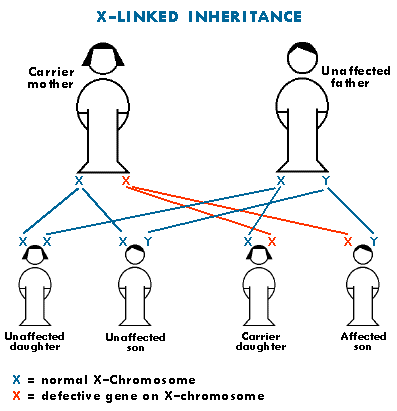Charcot-Marie-Tooth disease (CMT) is a group of neurodegenerative disorders (CMT1, CMT2, CMT4 and CMTX), each one divided into further subgroups. Type CMTX1 is a sex-linked form of this disorder, covering a proportion of ~20% of all cases of Charcot-Marie-Tooth and >90% of the sex-linked form CMTX. It is caused by mutations in the GJB1 (Cx32) gene located on X chromosome and it is characterized by severe motor and sensory neuropathy in affected males, possibly accompanied by hearing impairment, while women carriers are typically asymptomatic. Pathological mutations in the GJB1 gene are detected in >90% of all patients.
Charcot Marie Tooth CMTX1 (sex-linked)

We apply mutation detection of the entire connexin32 (GJB1) gene, using full bi-directional automated fluorescent DNA sequencing as well as testing for deletions/duplications, covering in total >99% of mutations causing this disorder.
This test may also be applied in combination with:
Molecular genetic testing for Charcot Marie Tooth 1A (CMT1A) and HNPP(additional information is provided). Combination of testing may cover ~75-80% of all types of Charcot Marie Tooth.
For all prenatal molecular genetic testing, we perform analysis of polymorphic STR markers from a maternal blood sample and the fetal sample, in order to exclude any possible maternal cell contamination. Thus, for prenatal diagnosis, 1-2ml of a maternal blood sample should always accompany the fetal sample (amniotic fluid or CVS).